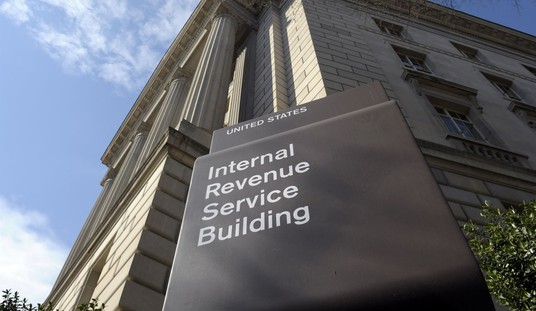Promoted from the diaries.
The 2010 election spurred hundreds of Americans to call for a change in the direction our nation was taking. They were sick of the reckless spending of the Democrat-controlled Congress and they wanted their representative to be above the culture of corruption in Washington, D.C. As a result, November saw 87 new Republicans elected to the House of Representatives with a mandate to enact changes to the way Washington, D.C. works.
I was proud to be one of those historic freshmen. Over the past year and a half, I have spent my time in Congress trying my best to serve my constituents and uphold the conservative principles on which I ran.
One of those changes our freshmen class was able to achieve was to end the practice of earmarking, where legislators target federal dollars to special interest projects. Today it is against the rules of the House of Representatives to earmark, and that is a policy my constituents and I continue to support.
Unfortunately, some in Congress, including several in my own party, have decided that taking two years off is enough time to “fix” what was wrong with earmarks. They are encouraging the Speaker and others to bring back earmarks and use them to “grease the skids” and “help get things done.”
Some have argued that the total amount of earmarks is negligible when looking at the overall budget. However, the real danger from special interest favors is that they can be used to influence the votes of Members so they will vote for bloated policies our nation cannot afford.
Whether it is a transportation bill that spends more of your tax dollars than is taken in by federal gas and excise taxes or annual spending bills that have grown exponentially over time, earmarks can help push bad policy over the finish line and signed into law.
By getting rid of earmarks, Members are forced to evaluate each bill on its merits. It encourages Members to read the actual text of the legislation, determine the positives and negatives of the bill, and then make a decision based on whether the bill is in the best interests of their constituents and the country. When earmarks are allowed, instead of reviewing the merits of a bill, Members put too much emphasis on whether a specific earmark getting passed is more important than the underlying bill. That makes for bad public policy and expands our nation’s debt and deficits.
Many of my freshmen colleagues and I have made it clear to the Republican House leadership that a return to the failed policies of the past isn’t acceptable to us or our constituents. We were sent to Washington to fix Congress and end earmarking, not to endorse the big spending culture of the past. I will stand up to any effort to bring back earmarks, and I encourage Red State readers to contact their representative and ask them to do the same.
Congresswoman Sandy Adams represents Florida’s 24th district












Join the conversation as a VIP Member